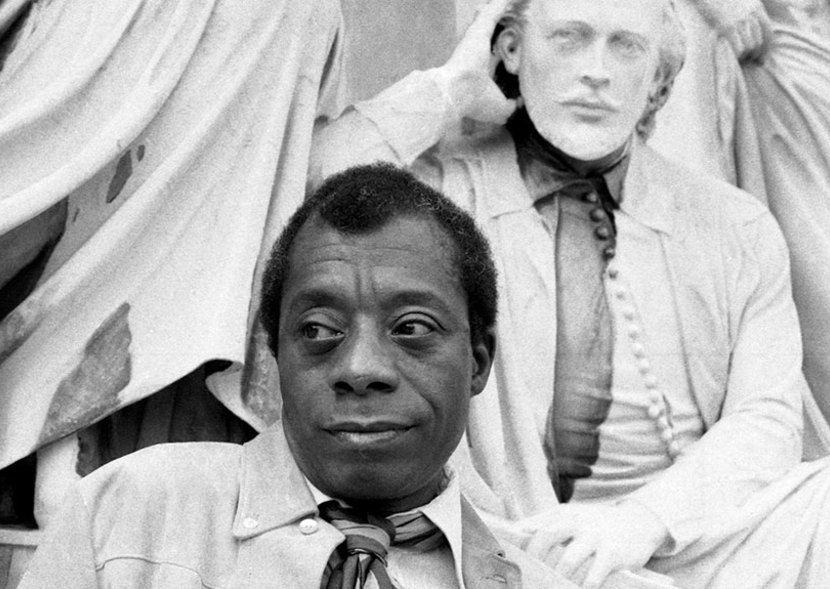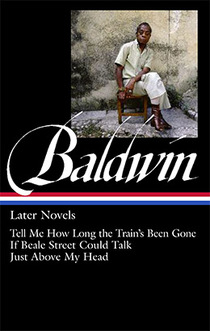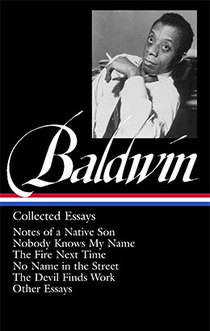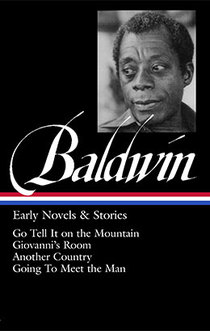
Major works:
Go Tell It on the Mountain • Notes of a Native Son • Giovanni’s Room • The Fire Next Time • No Name in the Street • The Devil Finds Work
With the novel Go Tell It on the Mountain (1953), a distillation of his own experiences as a preacher’s son in 1930s Harlem, and the essay collection Notes of a Native Son (1955), James Baldwin established himself as a prophetic voice of his era. Some such voices may grow fainter with the passage of time, but Baldwin remains an inescapable presence, not only a chronicler of his epoch but a thinker who helped shape it. One of the great modern prose stylists, he applied his passion, wit, and relentlessly probing intelligence to the fault lines and false fronts of American society while remaining true to his early credo: “One writes out of one thing only—one’s own experience. Everything depends on how relentlessly one forces from this experience the last drop, sweet or bitter, it can possibly give.”
“I fell under the spell of Baldwin’s voice. No other black writer I’d read was as literary as Baldwin in his early essays, not even Ralph Ellison. There is something wild in the beauty of Baldwin’s sentences and the cool of his tone, something improbable, too, this meeting of Henry James, the Bible, and Harlem. I can see the scratches in the desk in my room where I was reading ‘Notes of a Native Son,’ Baldwin’s memoir of his hated father’s death the day his father’s last child was born in 1943, one day before Harlem erupted into the deadliest race riot in its history. I can feel the effects of this essay within me still.”
—Darryl Pinckney, The New York Review of Books, April 4, 2014
“Nobody Knows My Name”
James BaldwinWhat it comes to, finally, is that the nation has spent a large part of its time and energy looking away from one of the principal facts of its life. This failure to look reality in the face diminishes a nation as it diminishes a person, and it can only be described as unmanly. And in exactly the same way that the South imagines that it “knows” the Negro, the North imagines that it has set him free. Both camps are deluded. Human freedom is a complex, difficult—and private—thing. If we can liken life, for a moment, to a furnace, then freedom is the fire which burns away illusion. Any honest examination of the national life proves how far we are from the standard of human freedom with which we began. The recovery of this standard demands of everyone who loves this country a hard look at himself, for the greatest achievements must begin somewhere, and they always begin with the person. If we are not capable of this examination, we may yet become one of the most distinguished and monumental failures in the history of nations.



